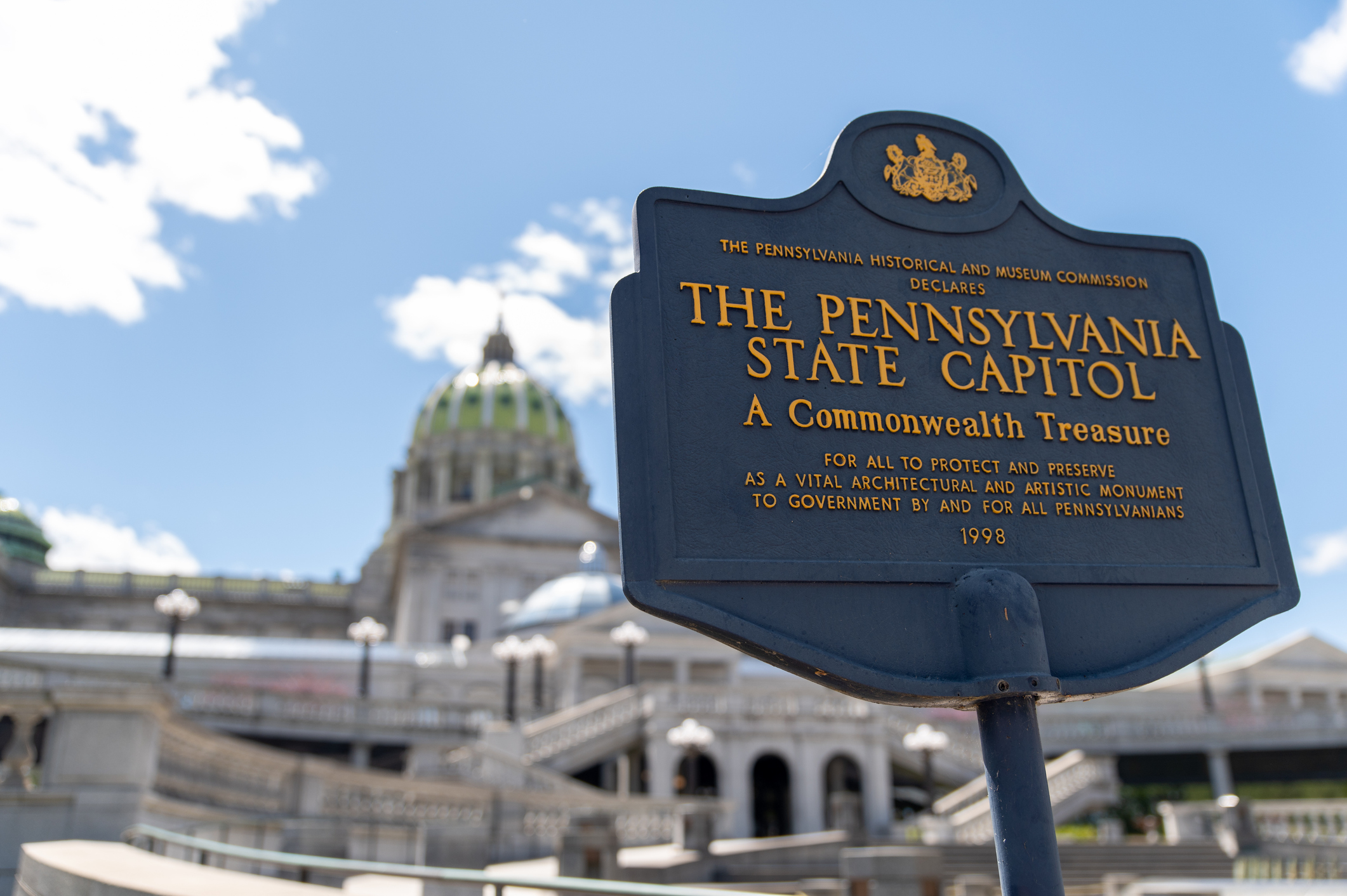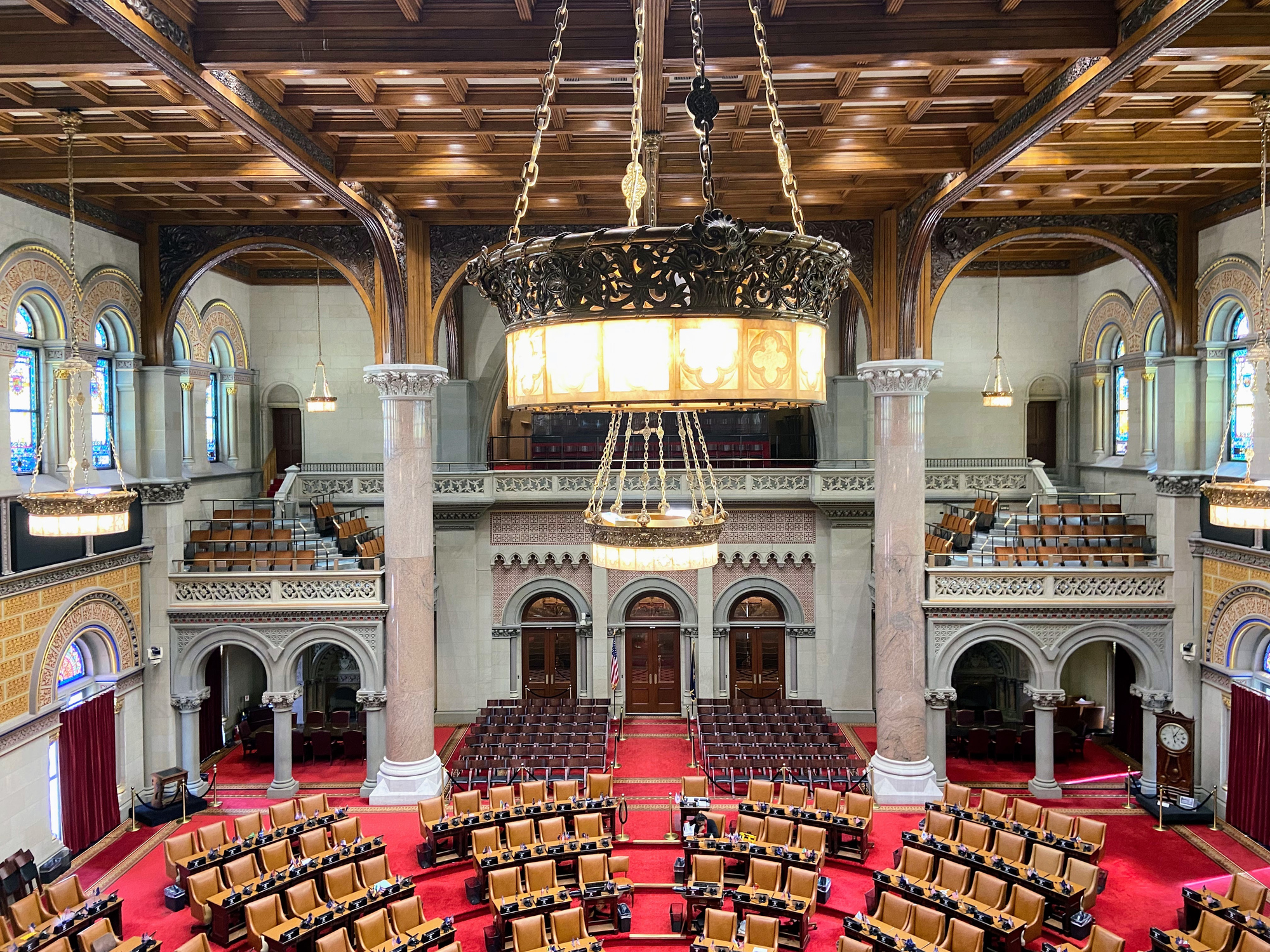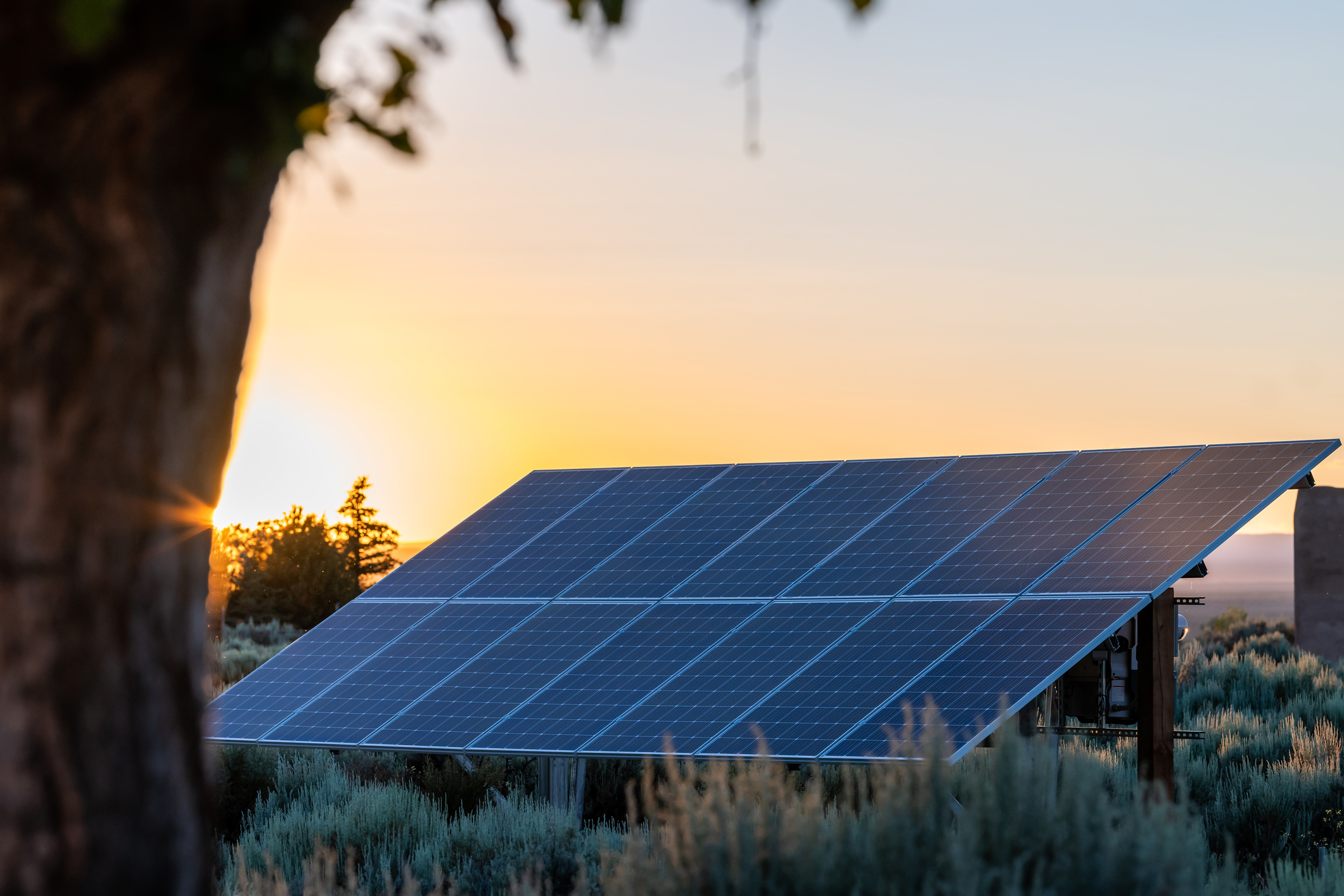
COVID-19 has disrupted every industry and economic sector. Its impact on the U.S. domestic energy supply chain is of concern for everyone. Added to this concern is the drop in oil and gas prices before most of the United States went under lockdown, and the impact lockdown will have on both energy demand and production.
Clean energy startups and even established corporations have been hard hit as they face decreased demand, production, the inability to carry out pending construction, and workforce layoffs.
The US Department of Energy’s (DOE’s) Office of Cybersecurity, Energy Security, and Emergency Response has activated to support federal responses to COVID-19. Offices within the US DOE are working with all levels of stakeholders to coordinate, prepare, and assess which issues require immediate and long-term support to avoid continuing supply chain disruptions.
To this end, the federal government has released a variety of guidance on resources to answer industry questions.
Essential Personnel
DOE offices and the Department of Homeland Security have worked together to create a list of essential critical infrastructure works that includes workers in the electricity, petroleum, natural gas, and propane industries. Maintaining operations of critical infrastructure continues to be a priority for the federal government.
Additionally, the National Governor’s Association has released guidance highlighting areas where Governors can support the energy sector during this time:
- Ensure critical energy infrastructure employees can be identified and credentialed in the event of a shelter in place order
- Critical infrastructure workers may need priority access to testing, PPE, and cleaning supplies
- Waivers for fuel carrier standards and commercial driver’s licenses may be needed to move critical utility supplies
Maintaining Social Distance During Essential Operations
The Energy.Gov website recommends the following protocols to ensure the health and safety of workers in addition to uninterrupted operations[1]:
- Conducting workforce analysis to determine the minimum number of mission essential workers needed to ensure uninterrupted operations
- Asking for sequestration volunteers with needed skills and setting expectations about duration
- Organizing “units” or “crews” with appropriate skillsets that will share the same shift, but not be exposed to other personnel
- Creating a total separation of living, sleeping, cooking, laundry, and rest/entertainment areas for the individual work crews
- Creating greater physical separation between workstations when possible
- Providing individually assigned peripheral equipment (e.g., mice, keyboards, chairs)
- Testing workers for COVID-19 prior to being sequestered
- Requiring all employees to wear appropriate PPE while working
- Thoroughly sanitizing work areas at each shift change and regularly during the shifts at high touch points
- Implementing pre-site entry wellness questionnaires and temperature checks throughout the shift
- Requiring workers conducting wellness checks to use social distancing and wear PPE
[1] https://www.energy.gov/ceser/articles/covid-19-energy-sector-response-efforts-and-frequently-asked-questions
Latest News
Photo credit: iStock.com/Hamburg Studios As Pennsylvania continues to navigate an evolving energy landscape, state leaders are proposing new approaches to ensure reliability, affordability, and sustainability. Governor Josh Shapiro recently announced his “Lightning Plan”, a six-part [...]
Photo credit: iStock.com/Ray Tan As the impacts of climate change intensify, several U.S. states are taking legislative steps to address the mounting costs of adaptation and resilience. New York, New Jersey, and Vermont have recently [...]
In this episode of The Back in Session Podcast, hosts Ryan Stevens and Ryan DeMara are joined by Brendan Williams from PBF Energy. They delve into the state of energy policy, the refining sector, and [...]
Photo credit: iStock.com/krblokhin Solar energy deployment has continued to increase, but the spread of new projects is not comprehensive. The National Renewable Energy estimates that 42% of households cannot access behind-the-meter solar. To address the [...]






Stay In Touch